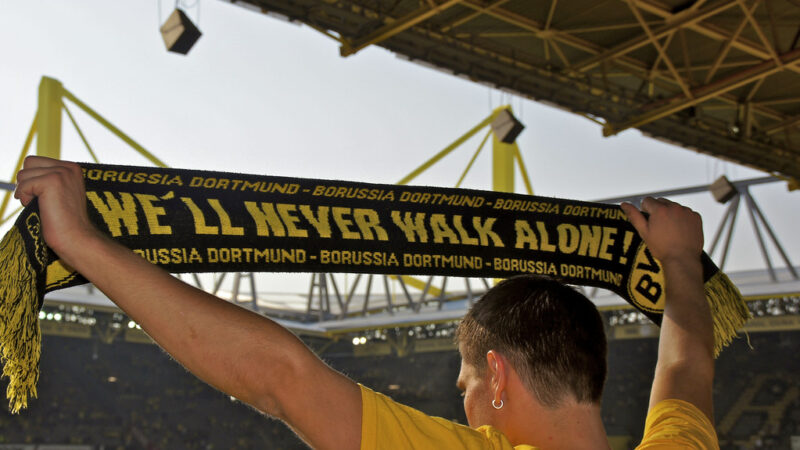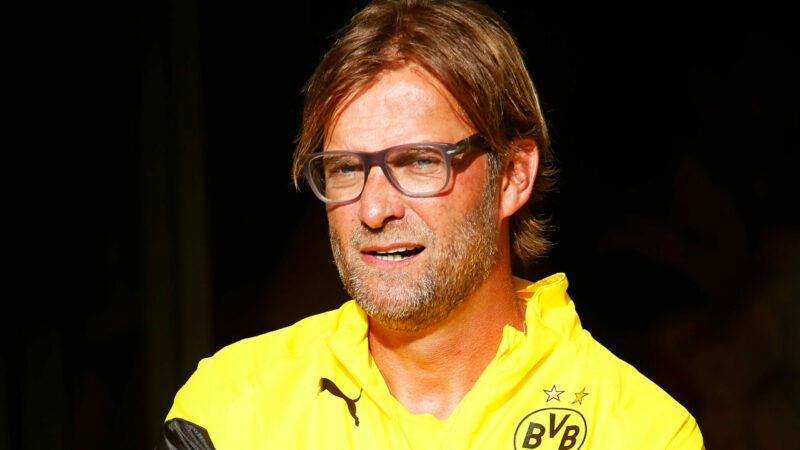Power Corrupts. Money Corrupts the Managerial Process Absolutely

Every few months (or maybe even more frequently) you see a managerial hire that makes little sense. Why would manager X leave club Y and go to club Z? Often, the truth of why does not come out until later – management was taking back power or the new club was offering a higher transfer budget. Sometimes, however, the security with the new club is better than the manager could have ever dreamed.
While Ronald Koeman’s move to Everton was not a complete shock, one could argue that he was destined for greater things than a club that struggled to move into the Sky Six club. When he was sacked four months into his contract, the move looked especially bad. However, we now find that Koeman’s move could not have worked out better. Not only is he manager of a national side with a long history but a recognized rebuild, the report has leaked that Everton is still paying Koeman for his non-service. Local media report that as part of his severance negotiations the club agreed to pay a monthly stipend for a period of time. Since he signed the tenth largest managerial contract at the time, that monthly payment was so large the Netherlands gig reportedly makes up about a tenth of his monthly income.
Let me repeat this – reportedly Koeman is being paid so much to not manage Everton that it is vastly higher than what he is paid to manage Oranje.
It would be one thing if this was a one-off mistake. However, this deal comes after the same club fired Roberto Martinez two years into a five-year deal, and was forced to pay him the remaining three years of his contract. Everton are not alone in this wild former managerial spending. The BBC reported last year that Chelsea paid Jose Mourinho and his staff over £8m when they were sacked in 2015. Blues owner Roman Abramovich ended up paying his first seven managers a combined £37m after they were relieved of duty. It goes the other way too – Dortmund paid Ajax £3.75m for a manager who didn’t last until Boxing Day.
We bemoan the high transfer fees of players and how money is corrupting the sport, but we often fail to recognize how money is changing the nature of the modern manager. Winning in every country leads to a major financial windfall. Whether it is being promoted, avoiding relegation, or qualifying for Europe, a successful campaign increases league payments, sponsorship revenue, and ticket sales. The modern manager is seen as a saviour, a change in the job described in many books and articles by journalists. While there are so many managers in the game, clubs tend to focus on a type and then overpay to make sure they get the saviour, anticipating that the cost to bring them in will be covered by their success. When they do not reach the heights desired – as many do – the cost to the club is high. While not in the range of a premier 22-year-old striker, the costs of the wrong decisions continue to add up over time.
As pay escalates for managers, the negative consequences of making the wrong choice skyrocket. Eventually, there will be a breaking point for clubs as their costs spiral for managers managing other clubs. For now, the process contributes to the corruption of money in the sport.






